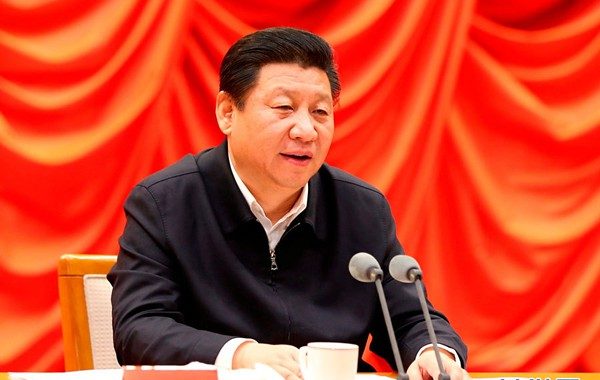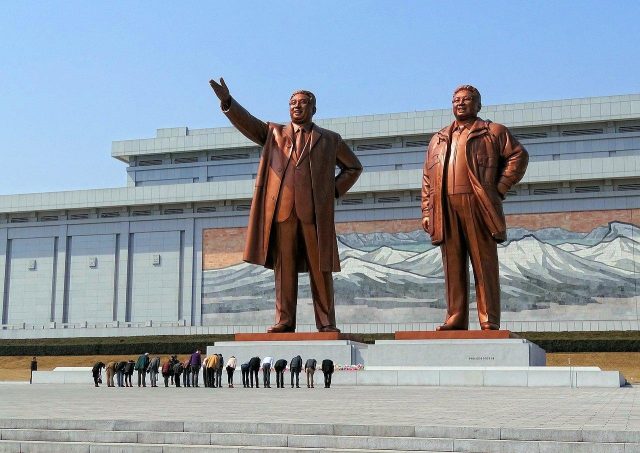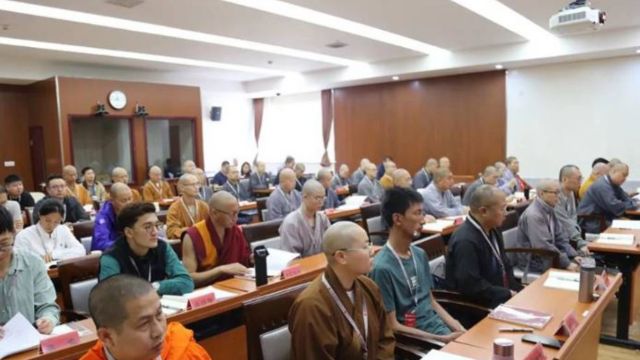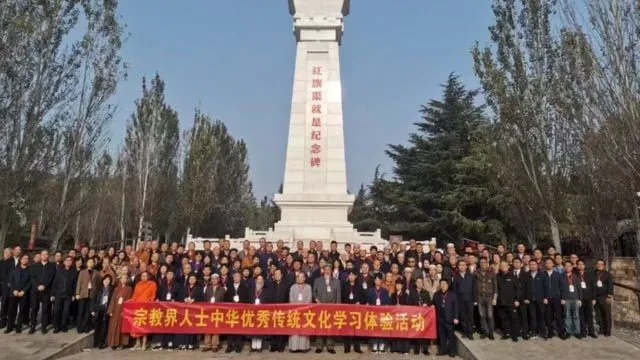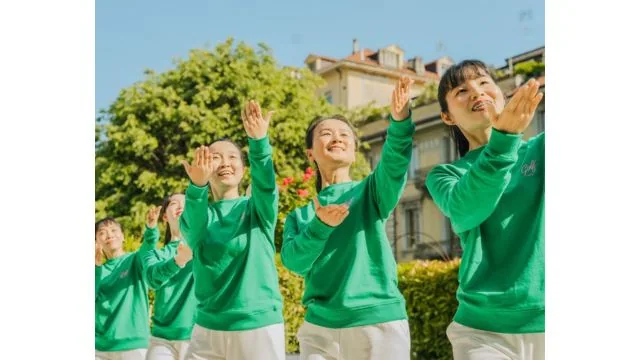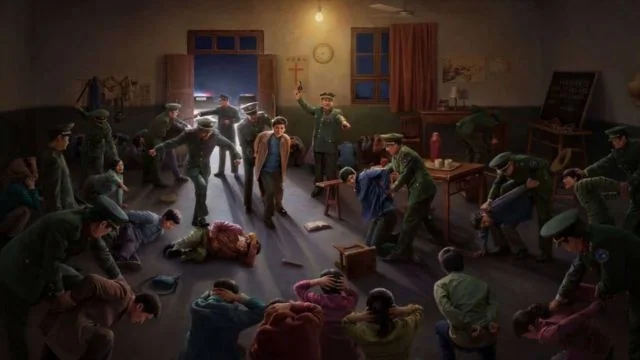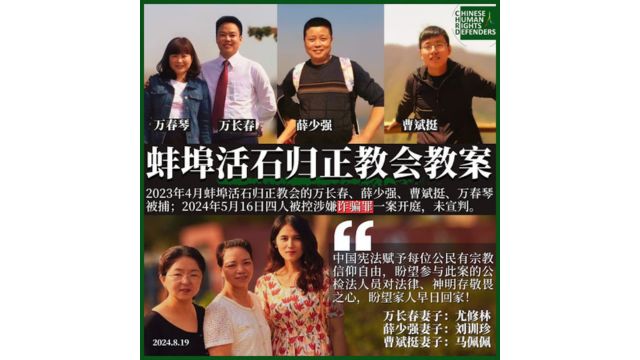A week-long training confirmed that the “tradition” the United Front wants government-controlled religions to promote is simply the usual CCP ideology.
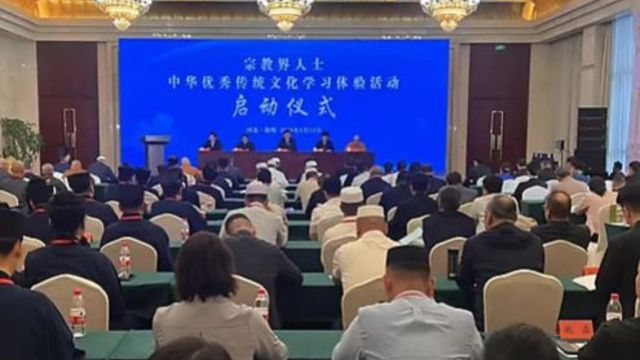
From May 11 to 17, a week-long event for religious leaders focused on “learning and experiencing Chinese traditional culture” took place in Hebei, organized by the United Front Work Department. Chen Ruifeng, Deputy Minister of the Central United Front Work Department and Director of the State Administration of Religious Affairs, attended the opening ceremony and delivered a speech. Speakers included Yan Jue, President of the China Buddhist Association; Li Guangfu, President of the China Taoist Association; Yang Faming, President of the China Islamic Association; Beijing Archbishop Joseph Li Shan, Chairman of the Chinese Catholic Patriotic Association; and Xu Xiaohong, Chairman of the Three-Self Patriotic Movement Committee of the Chinese Christian Church.
But what is “Chinese traditional culture”? It is a tradition filtered by the CCP’s official Marxism, including the “red culture” of the Civil War, the Mao era, and the teachings of President Xi Jinping. A look at the topics discussed shows that the participants’ engagement with “China’s excellent traditional Chinese culture” included efforts to “earnestly study and implement the CCP’s theories, guidelines, and policies.”
Additionally, participants studied “Sinicization” and “strict governance” of religion. “Sinicization” means adapting religious beliefs and practices to reflect the CCP’s ideology. “Strict governance” is a code word meaning that the United Front no longer trusts the bureaucrats of the five authorized religions and instead directly intervenes in the management of local religious communities.
The activities designed for the “learning experience” included writing thematic essays, attending special lectures, participating in on-site teaching, engaging in group discussions, and other activities.
One participant told Bitter Winter, “You should not expect something new from this training. They repeat all the time that religion should be Sinicized, and the Party should be followed and obeyed.”
One hundred religious figures from across the nation took part in the event.
Source: Bitter Winter



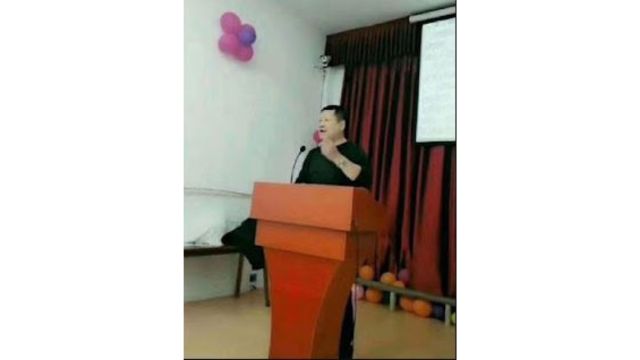
.jpg)

